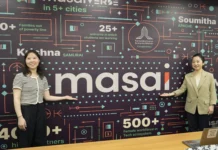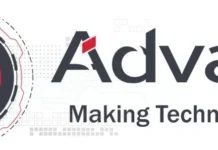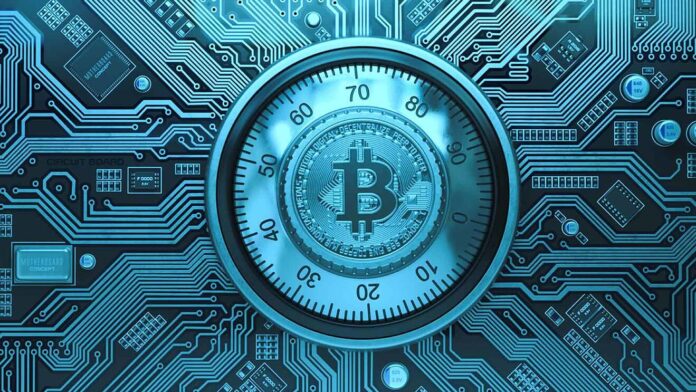Author: Mr Harsh Bharwani, CEO and MD of Jetking Infotrain on Blockchain
In the banking industry, blockchain has recently made substantial progress. Another industry where blockchain is just getting started is education. Certifications are crucial for professional advancement. Because they are a better alternative to paper certificates, academic institutions are gradually switching to electronic or digital certificates. They are, nevertheless, vulnerable to manipulation. Blockchain technology can help in this situation. Blockchain technology provides defence against forged academic credentials. automated verification even without a watchdog organisation and safe document transport and storage.
The issue of fraudulent certificates, fake credentials from fictitious universities, etc. has long plagued the education sector. In fact, the sale of phoney certifications supports a multimillion dollar business. There are diploma mills that offer phoney diplomas from fictitious universities. In the Axact scam of 2018, a business made over $3 million selling phoney credentials and certificates to customers around the globe. Blockchain technology can be used in the education sector to verify credentials, automate record-keeping, store and transfer documents with secure authentication, and more.
It offers defence against infringements on copyright.
Academic and training organizations are making serious efforts to combat plagiarism. It could be difficult for students to duplicate digital data while working on a research paper or other assignment. Due to plagiarism, a university may invalidate these pupils’ transcripts.
You can keep track of how your copyright is being utilised by registering it on the blockchain. Blockchain technology will allow you to save academic information in a chain that is both safe and secure and that uses cutting-edge encryption. Blockchain security for educational papers ensures that only authorised network users can access the data. Owners of educational resources can verify and authorise users, as well as keep track of who has viewed their digital information.
It prevents fake and falsified attempts of documents.
There have been numerous instances of prospective employees faking academic papers that have been revealed. In many cases, the interviewer or employer lacks a transcript that would allow them to evaluate the candidates’ qualifications. They are therefore more likely to choose candidates who are unskilled or underqualified for the job.
The education sector is particularly vulnerable to fraud. From academic data files, hackers might edit or eliminate crucial information. This is what they do to produce fake credentials. Blockchain technology allows us to stop academic fraud in its tracks.
Keeping knowledge on hand
Blockchain technology is used to secure the credentials on ProofEasy, giving it a more reliable system for maintaining credentials over the course of a lifetime of study. To protect the data’s integrity, Proof Easy offers pre-built solutions that can be modified.
Private information will be protected. Students are given ownership and control over their academic records, including certifications and work portfolios, which are kept in a safe place and accessible to anybody who needs to authenticate them. Instant verification is made possible on any smart device via ProofEasy. A special QR code can also be used to confirm the accuracy of the data.
Also Read: Education to Entrepreneurship Program
As a result,
Big or small academic institutions can benefit from immutable storage provided by blockchain technology. All participants in this system have access to information, which may even be shared between institutions. Every task, test from school or college, and involvement in extracurricular activities are added as blocks to the student’s digital record and may be viewed on the student’s profile.
The Proof Easy blockchain technologies can be used to secure intellectual property rights, monitor and facilitate school, college, and university accreditation, and eliminate diploma and transcript forgeries in addition to student data. The blockchain allows for quick access to and transmission of academic data to other institutions and organisations, such as potential employers. The system keeps a complete history of changes with signatures, giving student information and certificates validity.
visit EasyShiksha for skill development







































































